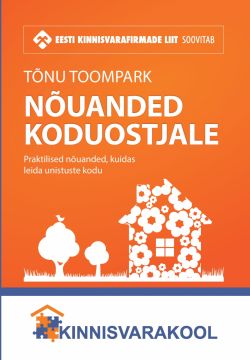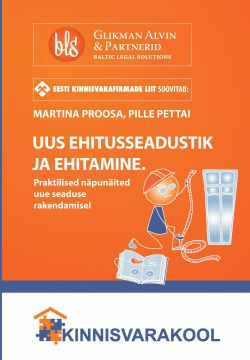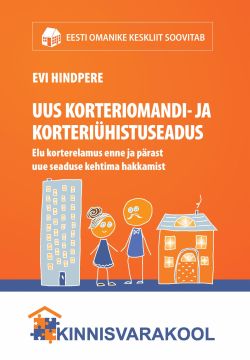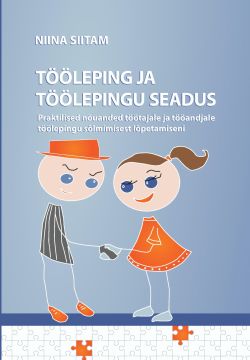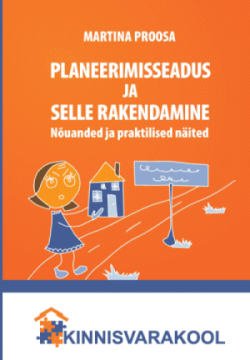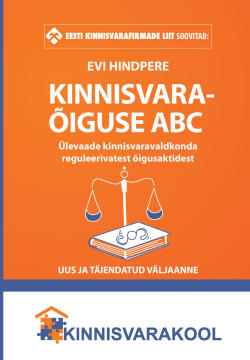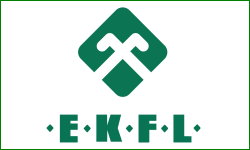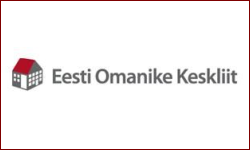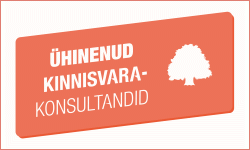A recent report on the Estonian Statistics Office site has stated that May 2012 saw a decrease in exports y-o-y of some eight per cent at current prices.
This needs to be seen in the context of May 2011′s figures being at a record high however, according to the report.
Meanwhile, imports remained steady and thus there was a much larger trade deficit (five times higher – at 113 million Euros) than in May 2011. In all, Estonian imports in May 2012 came to 1.1 billion Euros and exports at 1 billion Euros.
Nonetheless the general month by month trend has been for an increase in exports, which have increased every month since the end of 2011, with the exception of April (imports have followed the same pattern), the report stated.
This is particularly relevant since much of Estonia’s economic recovery has been export-driven.
As regards export sectors, machinery and equipment accounted for the largest share (30 per cent) and also saw a y-o-y increase in exports of 11 per cent. Mineral fuels had the next highest share of the export pie at 12% and metals and metal products taking 10 per cent of the share, according to the statistics. Nonetheless mineral fuels saw a contraction export in May 2012 when compared wih May 2011 (of 52 per cent) and it is this phenomenon primarily which accounts for the y-o-y decrease in total exports.
Machinery and equipment constituted the largest share of imports (28%), followed by mineral fuels (15%) and agricultural products and food preparations (10%). As with exports, mineral fuels also saw a y-o-y decline in May 2012, of 17 per cent. Machinery and equipment saw a y-o-y increase however (5 per cent) and chemical industry raw materials and bi-products saw a 13 per cent y-o-y rise in imports, the report stated.
The most important destinations for Estonian exports were Finland and Sweden at 16 per cent of exports each, and Russia at 12 per cent, according to the report.
Estonia’s main trading partners for imports remained Finland at 14 per cent primarily for electrical equipment and fuels, Russia (fuels, timber and timber products, and an 11 per cent share of imports) and Germany (transport equipment and electrcial equipment – also accounting for 11 per cent of all imports), the report stated.
The original report (in English) with a breakdown of sectors and main trading partners is here.
 Andrew Whyte
Andrew Whyte
Tallinn Property by Goodson & Red






